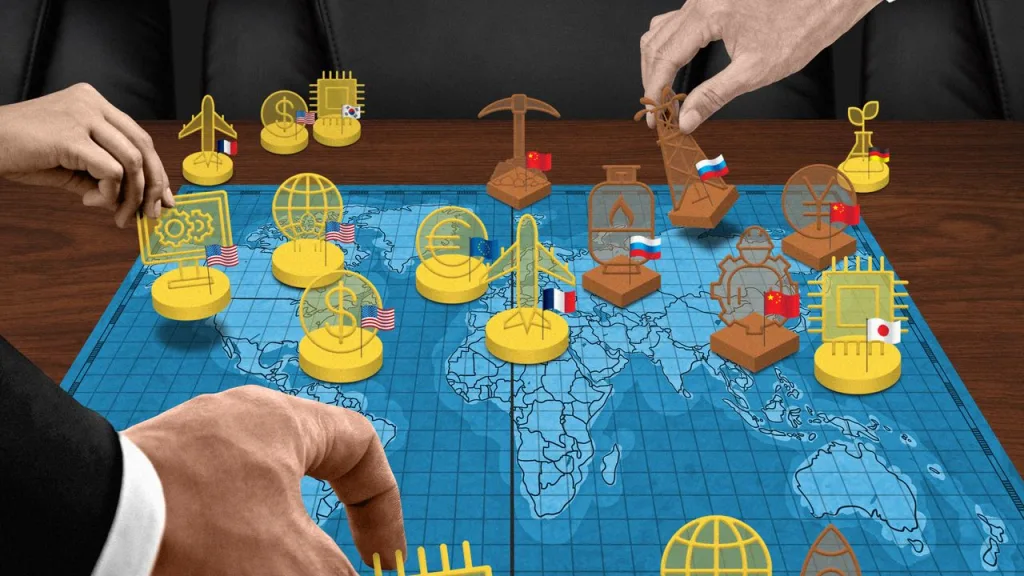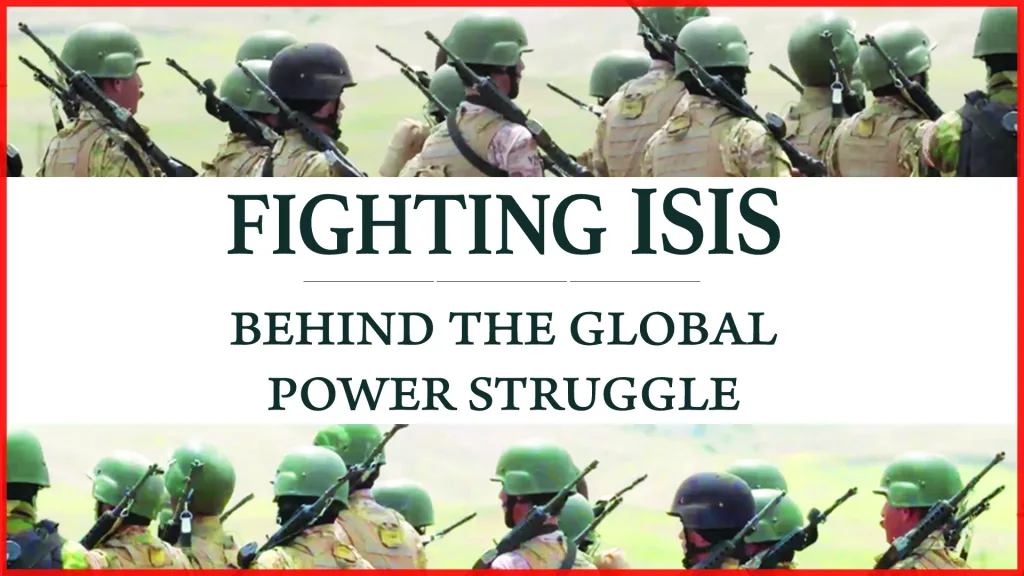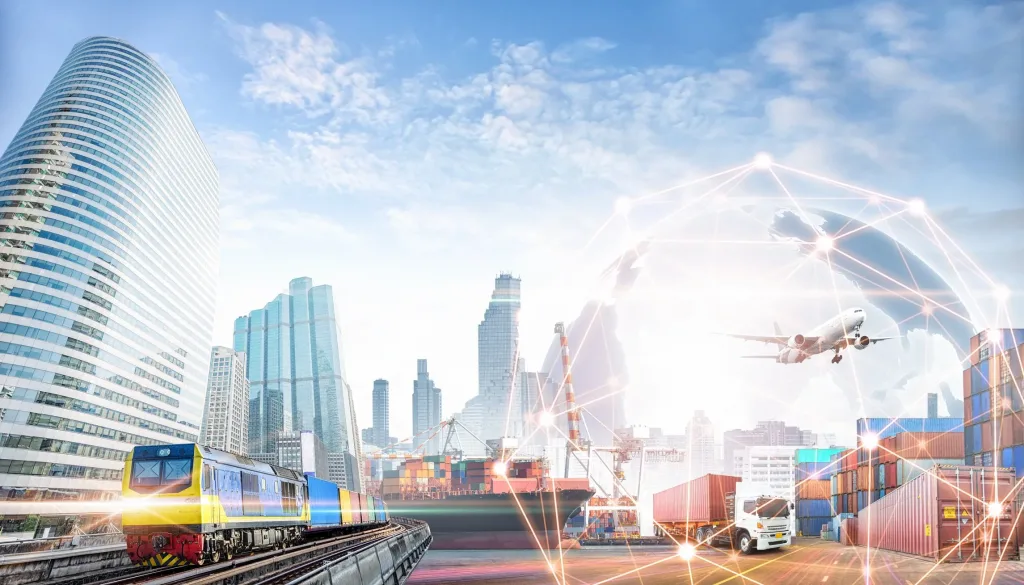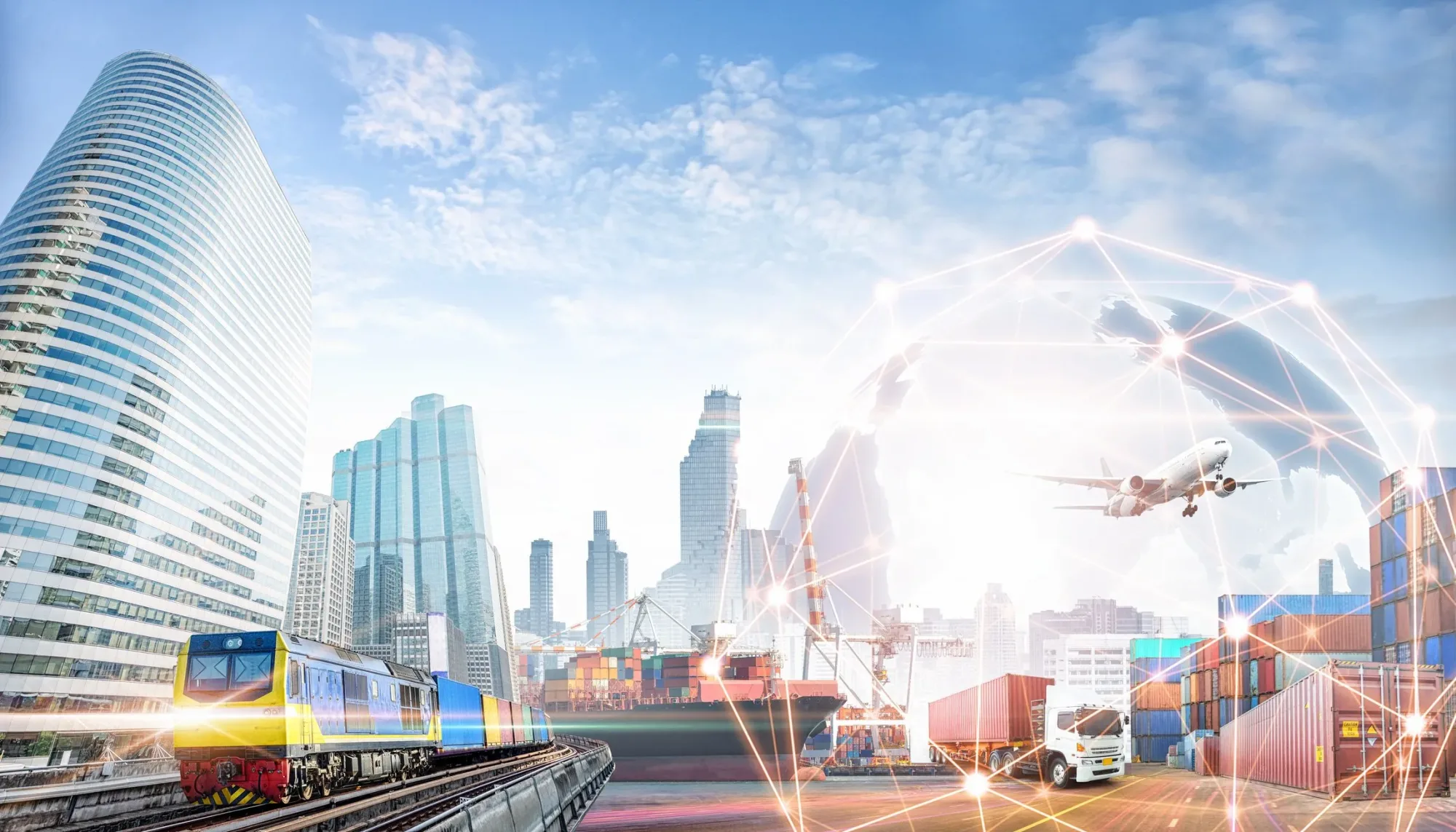Introduction

In the intricate tapestry of international relations, the involvement of key players, notably Israel, America, and their allies, has consistently been a focal point, molding the geopolitical landscape and triggering widespread controversy and global debate. Recent events in the Middle East, involving Iran, Yemen (Houthis), Hezbollah, and the Syrian regime led by Bashar al-Assad, have once again thrust the complex power dynamics into the spotlight. Amidst assertions of manipulation and strategic orchestration by global powers, the intricacies of these global power struggles beg a closer examination.
Transition: Amidst these conflicting perspectives, the Middle East emerges as a focal point, a region steeped in geopolitical tension with accusations echoing across borders.
Unveiling Geopolitical Hotspots

Recent geopolitical events have amplified tensions in the Middle East, with accusations and counteraccusations heightening the complexities of global power struggles. In regions like Africa, Iraq, Afghanistan, and Syria, the actions of the United States and its allies have sparked skepticism, raising questions about the motives behind interventions. The aftermath of these interventions leaves a trail of scars on nations, prompting a critical reevaluation of the legitimacy of the alleged reasons driving military actions.
The Perpetual Israeli-Palestinian Quandary
A longstanding narrative in the region is the Israeli-Palestinian struggle, a conflict that has persisted for decades. Allegations of Israel, backed by Europe and America, occupying Palestinian land serve as a rallying cry for critics questioning the fairness of the global power structure. Beyond land disputes, concerns extend to the influence exerted by these nations on the global political stage, ostensibly to safeguard their own interests.
Beyond Regional Alliances: The Israel-America Nexus
Delving into the Israel-America alliance reveals a partnership that transcends regional concerns. Claims that their influence extends to orchestrating global affairs, particularly against giants like China and Russia, fuel the narrative that these nations are architects of a new world order. The suggestion is that, driven by self-interest, they shape the course of events to align with their geopolitical agendas.
Syria’s Quagmire: Alliance Complexities and Blurred Lines
The situation in Syria exemplifies the convoluted nature of alliances and the challenge of distinguishing allies from adversaries. The Assad-led Syrian regime, supported by Iran and Hezbollah, faces allegations of using chemical weapons—an accusation vehemently denied. This episode underscores the difficulty of ascertaining truth in the context of international conflicts.
Yemen: Human Rights and the Ethics of Intervention
The conflict in Yemen adds another layer to the ongoing narrative, where Houthi rebels confront a Saudi-led coalition backed by the United States. Accusations of human rights abuses and indiscriminate airstrikes amplify the debate on the ethics of powerful nations intervening in regional conflicts to assert dominance and control.
Discerning Truth Amidst the Cacophony

As the world witnesses these unfolding events, the imperative is to scrutinize information disseminated by various actors. The question of whether these nations manipulate events to their advantage or fall victim to larger global power plays remains contentious. The intertwining narrative of victims and aggressors complicates the task of discerning truth amid the cacophony of claims and counterclaims.
In Pursuit of a Nuanced Understanding
In conclusion, the global dynamics involving Israel, America, and their allied forces form a multifaceted puzzle. Serious allegations of manipulation, destruction, and control necessitate a nuanced understanding of the geopolitical landscape. As observers, it is crucial to critically assess the information presented and strive for a comprehensive understanding of the forces shaping our world. Only then can we navigate the complexities of international relations and work towards a more just and equitable global order. The key lies in unraveling the intricacies of global power struggles, fostering informed discourse, and forging a path toward a world marked by fairness and equity. For more information, so please click this link.
Frequently Asked Questions (FAQs) on Global Power Struggles
Q1: What are global power struggles, and why are they significant in international relations?
A1: Global power struggles refer to the competition and conflicts among nations, especially major powers, for influence, resources, and geopolitical advantage. They are significant as they shape the world order, impact diplomatic relations, and influence global events.
Q2: How do Israel and America contribute to global power struggles, and what alliances are involved?
A2: Israel and America play significant roles in global power dynamics. Their strategic alliance extends beyond regional concerns and involves alliances with other nations. For instance, both countries have historical ties with Europe and are key players in shaping alliances and geopolitical strategies.
Q3: What role does the Middle East play in global power struggles?
A3: The Middle East is a hotspot for geopolitical tensions due to historical conflicts, resource importance, and strategic alliances. Events in the Middle East often have global repercussions, impacting the dynamics of global power struggles.
Q4: How does the Israeli-Palestinian struggle fit into the broader context of global power struggles?
A4: The Israeli-Palestinian struggle is a longstanding conflict with global implications. Allegations of Israel’s occupation, backed by Europe and America, make it a focal point for critics of the global power structure, highlighting the broader influence of these nations.
Q5: Can you provide examples of recent events that highlight global power struggles in the Middle East?
A5: Recent events involving Iran, Yemen (Houthis), Hezbollah, and the Syrian regime led by Bashar al-Assad showcase the complex dynamics at play. These incidents draw attention to the intricate web of alliances, conflicts, and power plays in the region.
Q6: How does the Syrian conflict exemplify the complexities of global power struggles?
A6: The Syrian conflict involves alliances with nations like Iran and Hezbollah, revealing the blurred lines between friend and foe. Allegations of chemical weapon use highlight the challenges of discerning truth from manipulation in the context of international conflicts.
Q7: What ethical questions arise in the context of powerful nations’ interventions in regional conflicts, such as the Yemeni crisis?
A7: The Yemeni crisis raises ethical questions about human rights abuses and indiscriminate airstrikes in the context of powerful nations’ interventions. Critics argue that such interventions may be driven by geopolitical gain, adding an ethical dimension to global power struggles.
Q8: How can individuals navigate the information presented in the midst of global power struggles?
A8: Navigating the information requires critical assessment and a nuanced understanding of the geopolitical landscape. Individuals should strive for comprehensive knowledge, engage in informed discourse, and be aware of the complexities surrounding international relations.
Q9: What is the overarching message in understanding global power struggles involving Israel, America, and their allies?
A9: The overarching message is the importance of discerning truth from manipulation. The complex narratives of victims and aggressors in global power struggles demand a critical approach, encouraging individuals to contribute to a more just and equitable global order through informed understanding.
Q10: How can individuals contribute to a more just and equitable global order amidst ongoing global power struggles?
A10: Individuals can contribute by staying informed, engaging in open and informed discourse, supporting initiatives promoting global justice, and advocating for transparency in international relations. Understanding the complexities and questioning narratives are crucial steps toward a more equitable global order.

